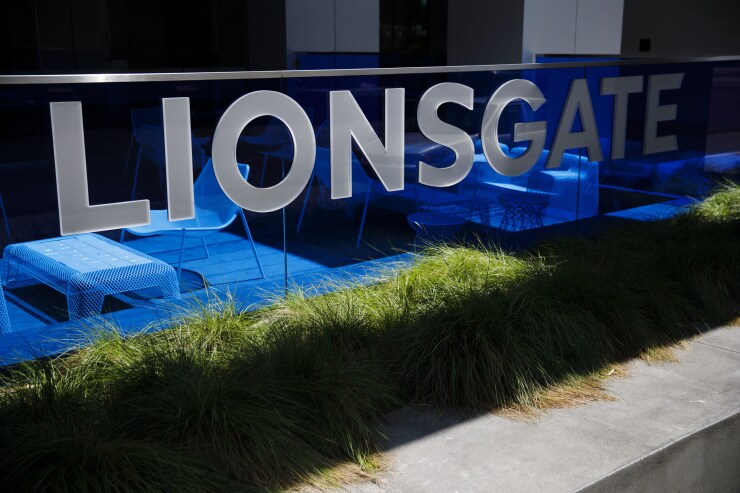Film companies are famous for chasing government subsidies across the globe. Now a few of them have latched on to a generous new federal benefit for investing in lower-income U.S. communities.
Lions Gate Entertainment Corp., the studio behind “Orange Is the New Black,” struck a deal Thursday to build a new $100 million-plus production facility in Yonkers, north of New York, its first in the U.S. The development sits inside an “opportunity zone,” which will enable the company and its partners to reap significant tax breaks on capital gains.
The incentives — touted as the biggest effort in a generation to help struggling U.S. communities — are now at the center of a growing debate over whether they may benefit wealthy investors and corporations more than the poor. For their part, backers of the Yonkers effort insist it’s industry forces, not just the breaks, that are driving their investment. After all, new streaming services, from Netflix Inc. to Apple TV+, have fueled an explosion in demand for studio space and exposed a shortage of locations.

“This project is built on sound stand-alone economics,” said Robert Halmi, who co-founded the Hallmark Channel and is a partner in the project through his Great Point Capital Management. “What’s driving our investors really is building the right kind of space at the right time, which is building film and television complexes where people really need it.”
Lions Gate isn’t the first film and TV company to take advantage of opportunity zones.
Minority filmmakers
Areu Bros. Studios, a Latino-owned and operated media studio in the U.S., said earlier this week that it has teamed up with Steven Glickman, a former Obama administration economic adviser and one of the architects of the program, to target opportunity zones in Atlanta, Puerto Rico, Miami and Los Angeles.
The company plans to develop recording studios and sound stages to support female and minority storytellers and innovators. It will make technology investments and create a slate of films and TV shows content, as well as rent out its facilities.
Lions Gate will be an anchor tenant in the Yonkers project. Great Point Capital manages a fund for film and television infrastructure in opportunity zones. The developer is New York-based National Resources.
The facility will include five sound stages, including three occupying 20,000 square feet each, and a fully operational back lot. Construction is scheduled to start in November, with plans to open in the fall of next year.
New York proximity
The investment will give Lions Gate its first production facility in North America since it stopped operating the Lionsgate Studios in Vancouver in 2006, along with proximity to New York. And with a property in the area, the Santa Monica, California-based studio will be able to qualify for tax credits from the state on films and shows that are made there.
The group chose Yonkers because it fulfilled three criteria: It’s within an opportunity zone, close enough to New York City to avoid paying higher on-location wages to union workers, and rates as an up-and-coming area, said Halmi. Lions Gate declined to comment.
Yonkers is already a popular filming location for shows like USA Network’s “Mr. Robot” and Showtime’s “The Affair.”
Lions Gate plans to offer internships to young people in the area who are looking to gain skills in the movie and TV industry. Yonkers’s local economy is expected to benefit from cast and crew members spending money on lodging, catering and other services.
More sites
Great Point is working on three other sites for studios in the Northeastern U.S., according to Halmi.
U.S. states have been using incentives for more than a decade to lure film and television productions to boost their local economies. But the opportunity zones are a newer wrinkle.
Critics of the incentives argue the incentives are more of a handout to the wealthy or mainly benefit areas already on the upswing. The opportunity-zone law doesn’t require investors to promote social good with their dollars.
Halmi sees the federal incentive as “an appropriate investment tool” to get people to get into areas that need cash and infrastructure.
“And that’s what we are doing with it,” he said.
— Anousha Sakoui, with assistance from Miles Weiss and Noah Buhayar
Bloomberg News





